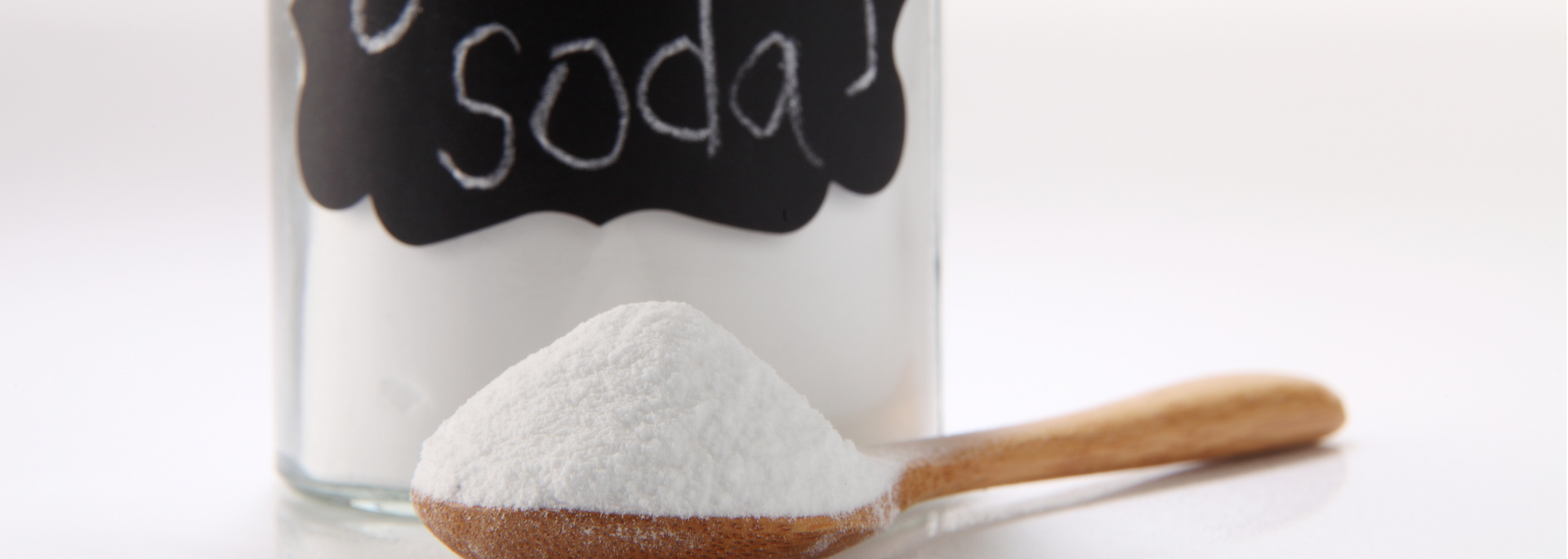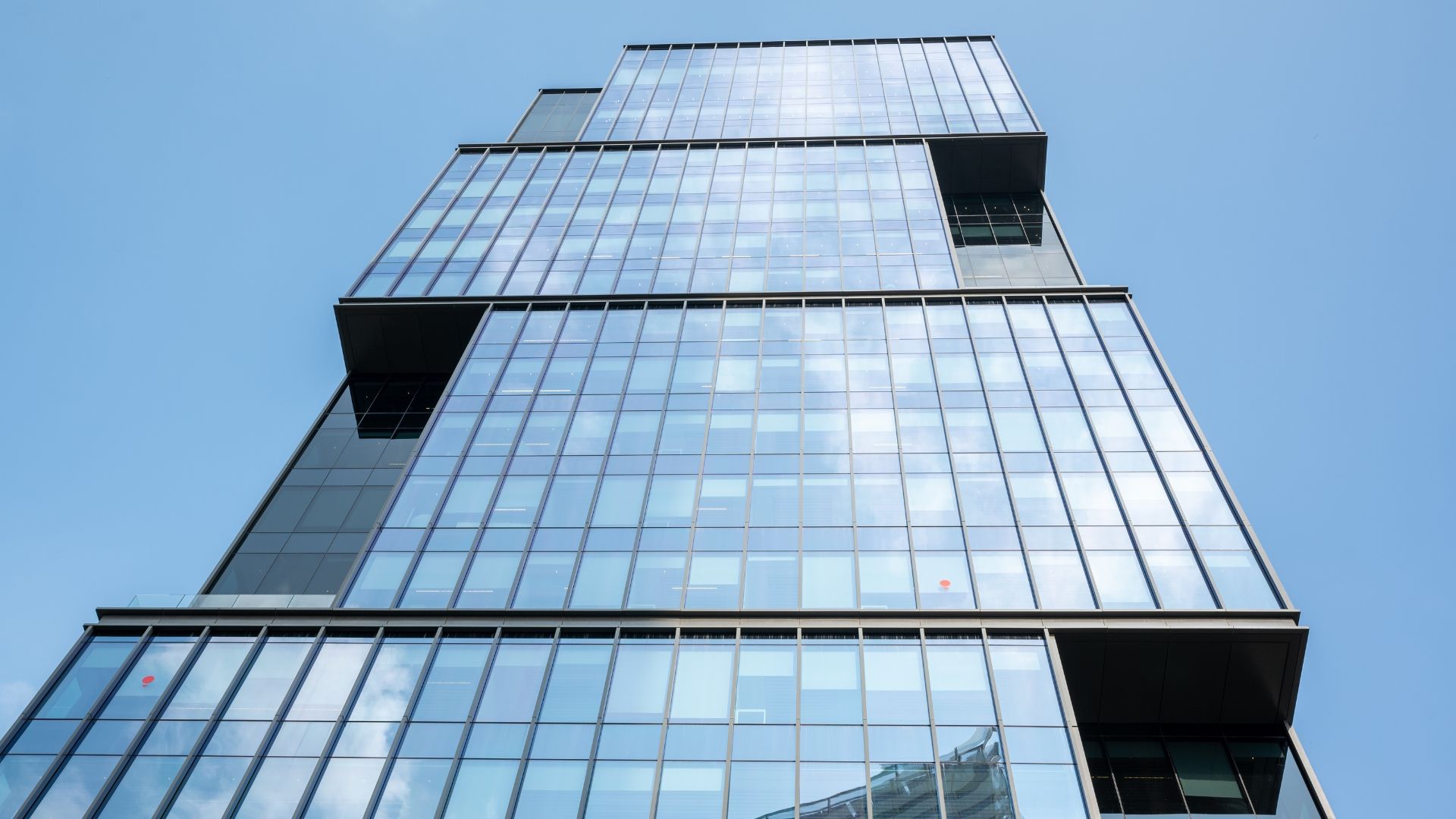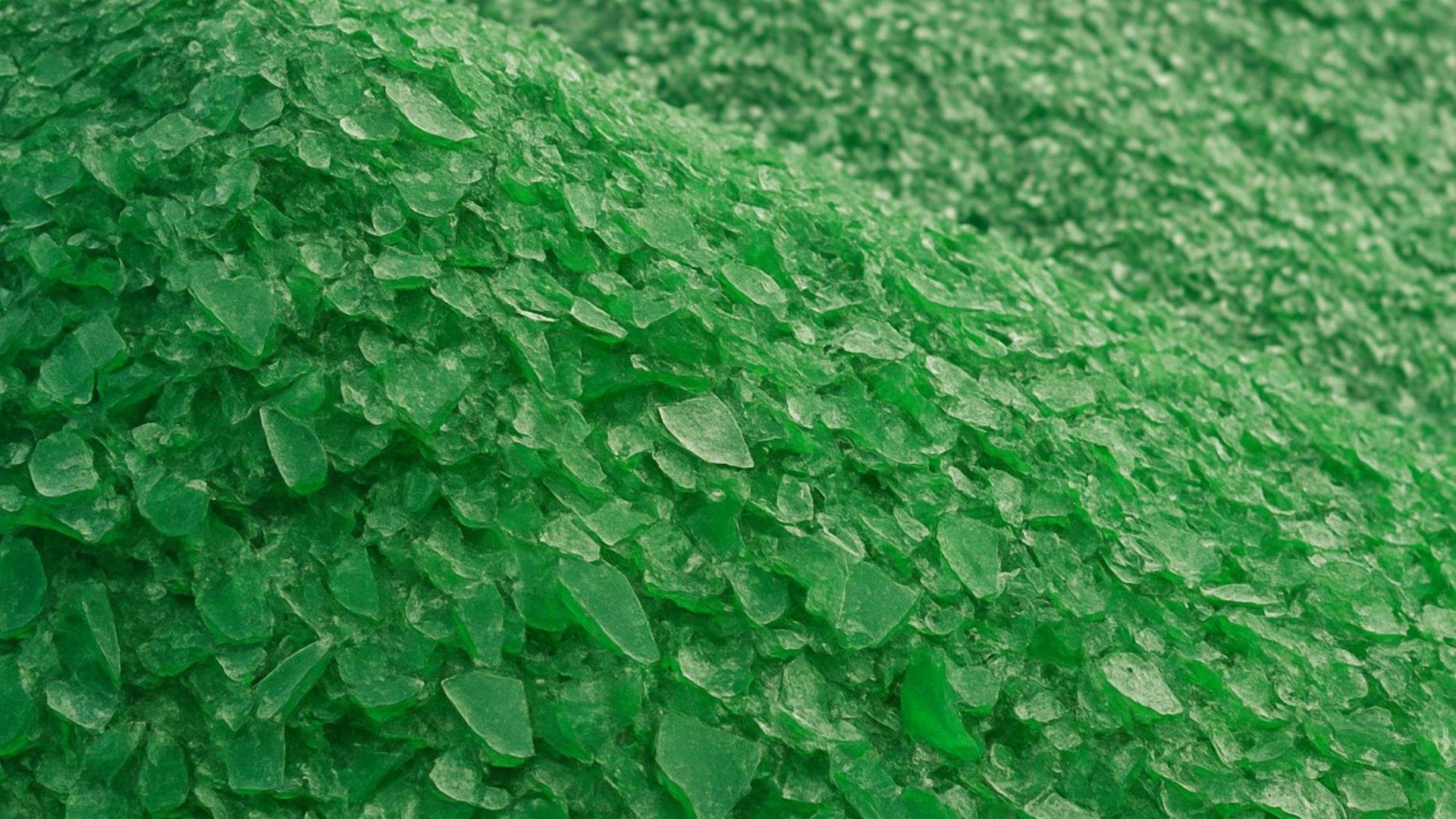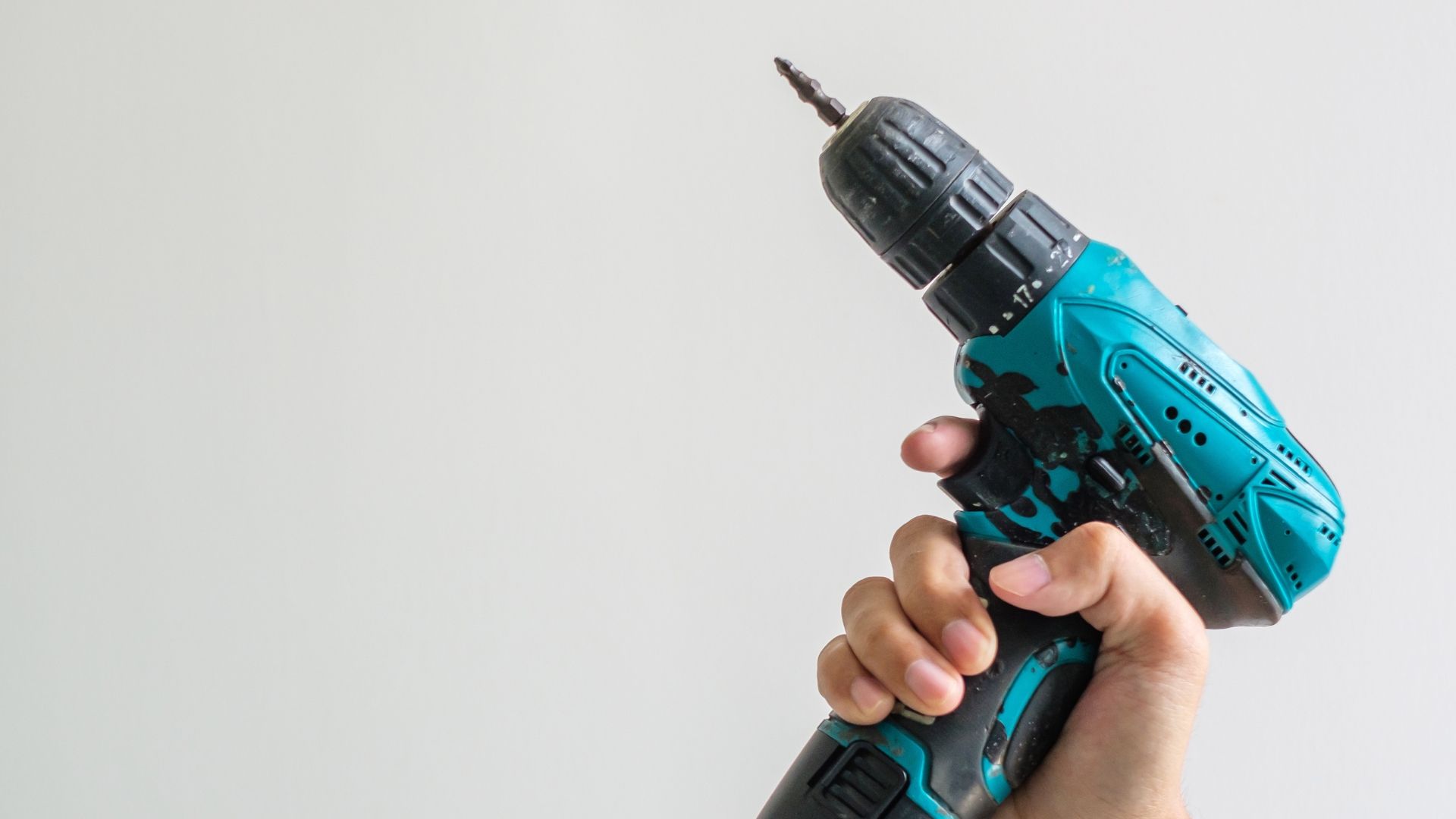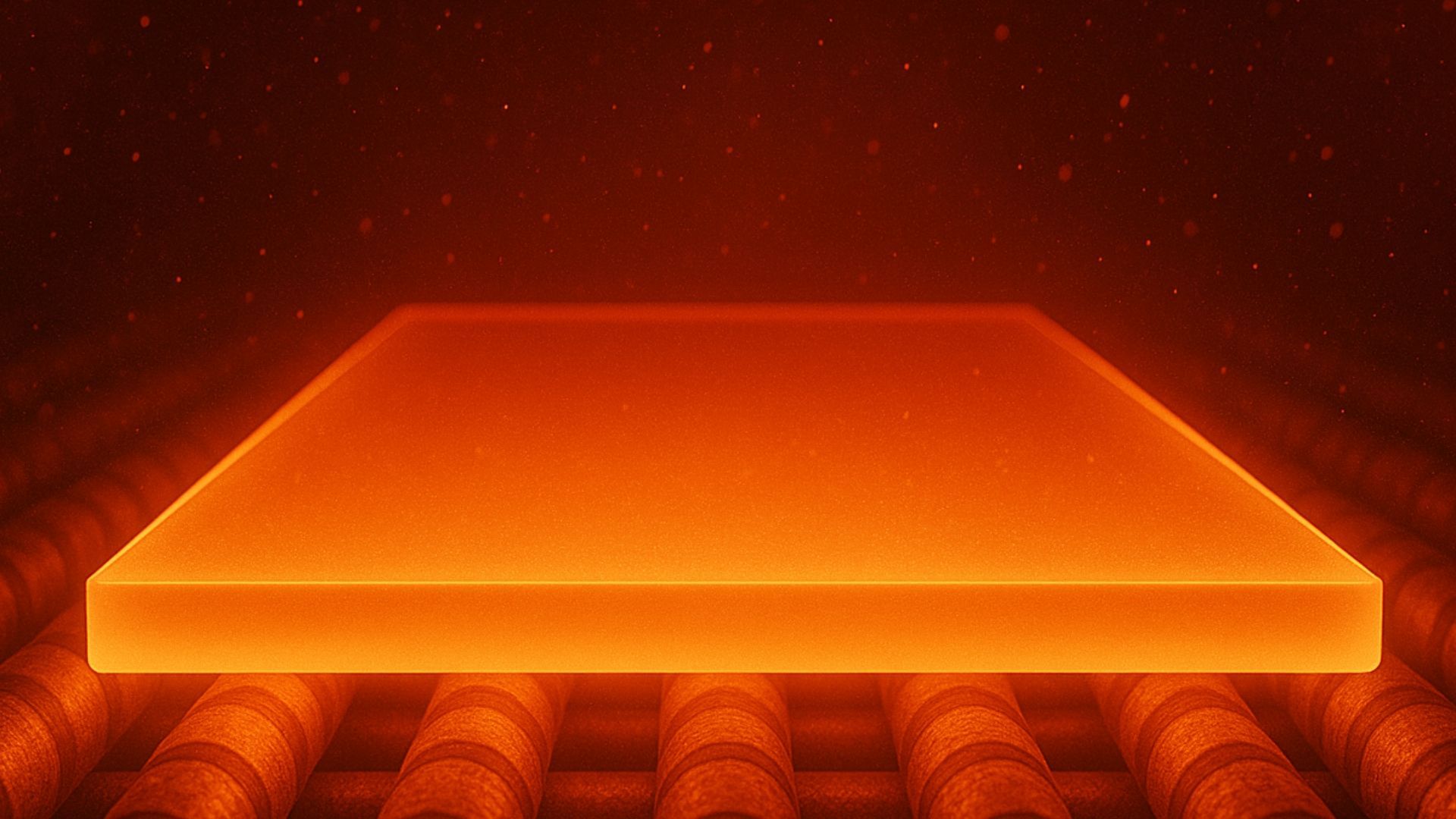How to clean mirrors without glass cleaner
Share this blog:
Want to clean a mirror without a commercial glass cleaner? Explore your options in our how-to guide.
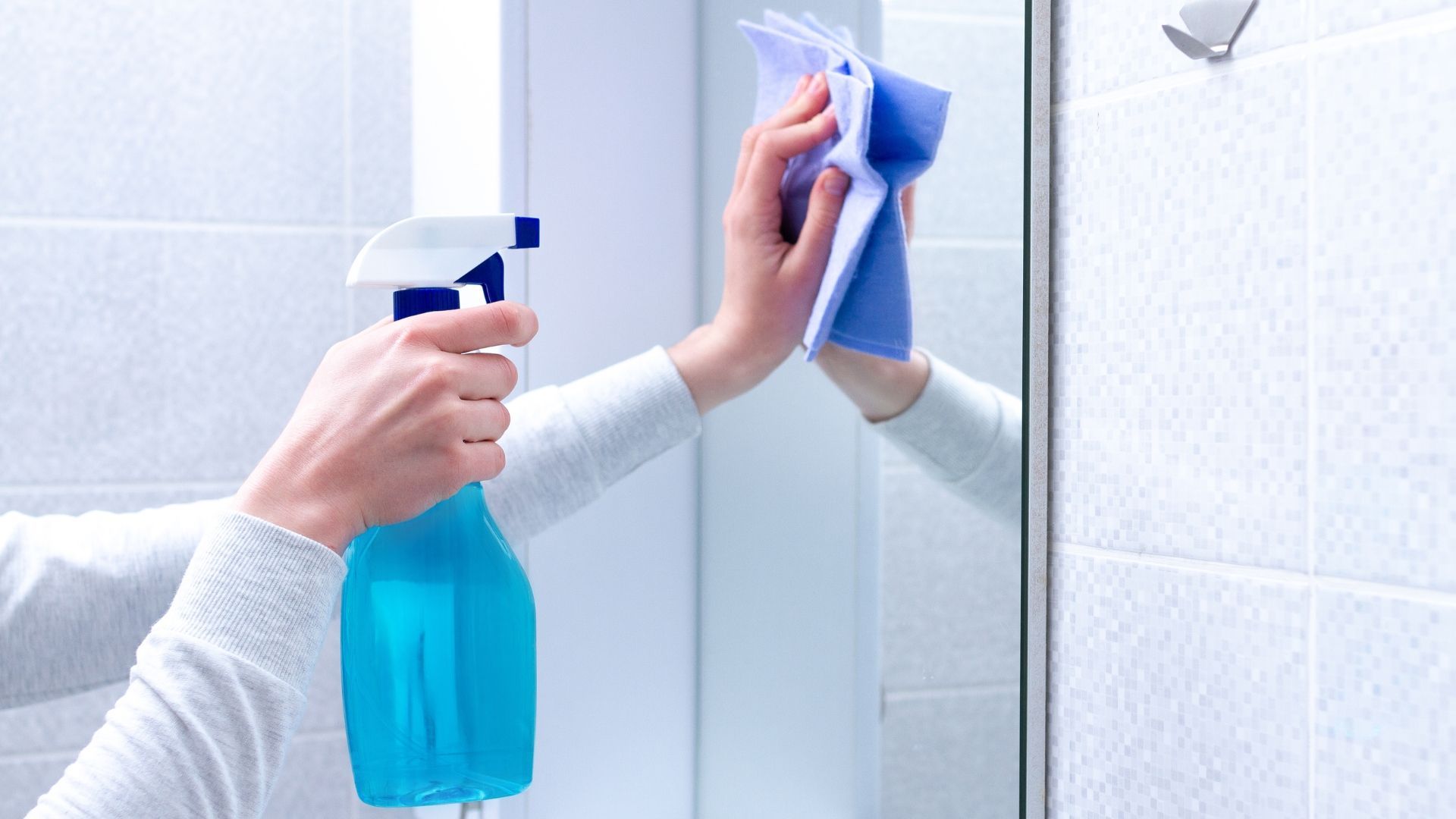
Por cada persona que disfruta de la limpieza, hay miles que la encuentran una tarea pesada. Y aunque algunas tareas les resultan fáciles, como pasar la aspiradora o limpiar el polvo de una estantería, otras las desaniman fácilmente.
Esto suele pasar con los espejos. A pesar de su aparente inagotable capacidad para acumular suciedad y mugre, a muchos nos resulta demasiado fácil dejarlo para más tarde.
Mira: no te juzgamos. Pero tarde o temprano, tendrás que limpiar ese espejo. Y cuando lo hagas, puede que te sientas reacio a usar limpiacristales comerciales.
Los limpiadores de vidrio comerciales funcionan. Pero hay varias razones de peso para usar un método casero.
Algunas personas encuentran que los limpiadores comerciales les irritan los ojos, la piel o incluso la respiración. Otras se resisten a su precio. Y, por muy eficaces que sean, cada vez más personas quieren evitar tirar otra botella de plástico al vertedero.
Por suerte, existen alternativas. Pero primero, ¿con qué deberías limpiar los espejos?
¿Qué debes utilizar para limpiar un espejo?
Independientemente de la solución de limpieza que utilice, es importante limpiar el espejo con algo que no deje rayas, manchas ni marcas.
Durante mucho tiempo, la gente utilizó papel de periódico y, si bien no es una mala idea, puede dejar marcas en el espejo.
Lo mejor es invertir en un paño de microfibra. Este recoge la suciedad, la grasa y otras impurezas sin dejar marcas ni pelusas en el espejo. Y lo que es mejor, se puede lavar y reutilizar.
Dos formas de limpiar un espejo sin limpiacristales
1. Vinagre blanco
¿Hay algo que el vinagre blanco no pueda hacer? Se usa para limpiar ollas y sartenes, superficies de la cocina y el baño, electrodomésticos, ropa e incluso el cabello.
También es una alternativa ecológica a los limpiadores comerciales para espejos. Simplemente mezcle partes iguales de vinagre blanco y agua tibia, viértalo en una botella con atomizador y agítela hasta que se integre.
Rocía la solución de vinagre sobre el espejo y límpialo de arriba a abajo con tu paño de microfibra. También puedes rociar la solución directamente sobre el paño.
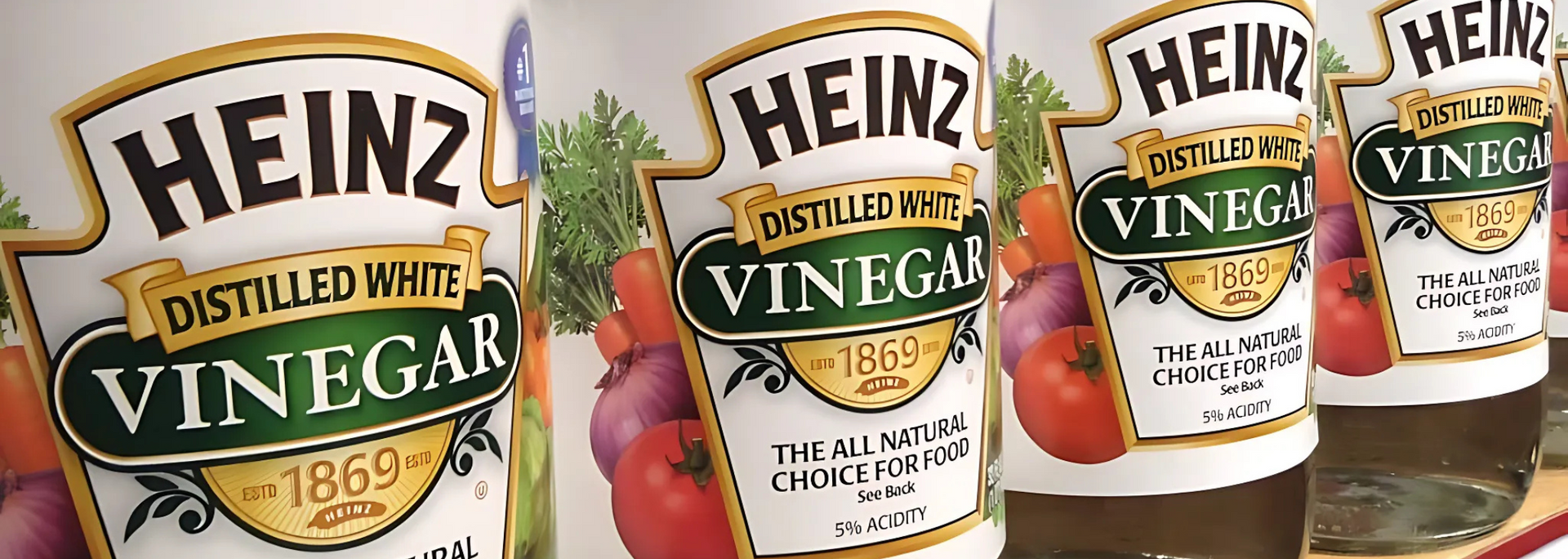
Como sabrá cualquiera que haya entrado en una freiduría, el vinagre tiene un aroma bastante fuerte, así que asegúrese de ventilar la habitación con una puerta o ventana abierta.
Una vez que hayas limpiado la solución, seca bien el espejo con un paño de microfibra. También puedes usar papel de periódico, pero si lo haces, asegúrate de que la tinta se haya secado por completo.
Es importante recordar que los espejos se pueden limpiar con vinagre blanco, no con vinagre de sidra de manzana ni ninguna otra variedad. También cabe destacar que la solución de vinagre puede dañar la madera, así que tenga cuidado al limpiar un espejo con marco de madera.
2. Alcohol isopropílico y amoníaco
El alcohol isopropílico, también conocido como "isopropanol", "alcohol quirúrgico" o (en EE. UU.) "alcohol para frotar", es un líquido incoloro e inflamable que se utiliza como sustancia antiséptica y limpiadora.
Mezclado con amoniaco y lavavajillas, el alcohol isopropílico puede ser un valiente soldado en la guerra contra los espejos sucios.
Mezcle una parte de amoníaco con dos partes de alcohol isopropílico y añada unas gotas de lavavajillas. Remueva bien y luego añada agua tibia. La solución también funcionará si no utiliza el alcohol isopropílico ni el lavavajillas; simplemente no será tan eficaz.
Vierta la mezcla en una botella con atomizador y siga las instrucciones del método uno. La diferencia clave es que esta segunda solución es inflamable e irritante. Por ello, siempre debe usar guantes y gafas protectoras de goma.
Eliminación de manchas difíciles
¿Tienes una mancha difícil en tu espejo? Hay varias maneras de quitarla sin usar un limpiacristales comercial.
Puedes frotar la mancha con alcohol isopropílico o quitaesmalte antes de limpiarla con un paño de microfibra.
Los residuos se pueden raspar con una navaja. Simplemente humedezca la zona con uno de los líquidos mencionados y comience a raspar. Tenga cuidado de no rayar el espejo. Seque la zona al terminar.
